I experienced a wonder in the music of music therapy; it could be so different from the talking therapy where words state your feelings point-blank. Music cannot be interpreted like that. In the improve (improvisation) with Andrea I was able to stretch my wings or try out my wings a little bit, sometimes flailing and sometimes soaring in the music. Music made things solid or real or “expressed.” Music defined what I felt and thought, made my feelings real, or made me real…it connected me to the past and at the same time cemented me down in the present.
–From When Words Are Not Enough, Andrea Frisch, in Inside Music Therapy: Client Experiences, Ed. Julie Hibben, Barcelona Press, c 1999
Music Psychotherapy is psychotherapy that, in addition to talking, can use music-making, singing, songwriting, and listening to the psychotherapy experience. The music-making is as frequent as the client desires. Music psychotherapy allows for self-exploration in a safe, creative, and productive environment and evaluates and treats specific issues and concerns. Clients do NOT need any previous experience or skill in music to benefit!
In general, music psychotherapy is most helpful to an individual who might be a candidate for verbal psychotherapy– an older child, an adolescent, an adult– and for whom the addition of music is highly beneficial. It is typically helpful for
people whose ability to self-reflect enables them to improve daily functioning.
